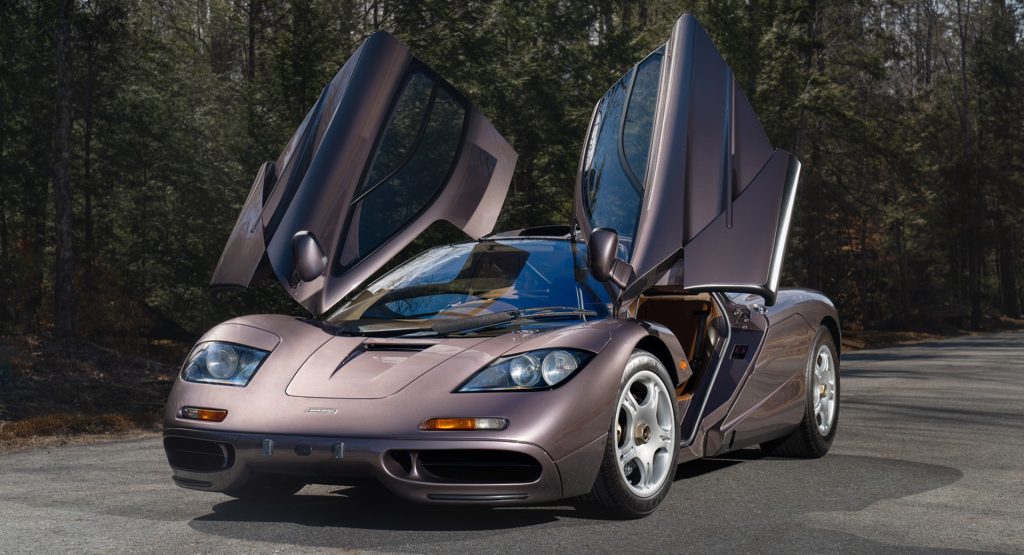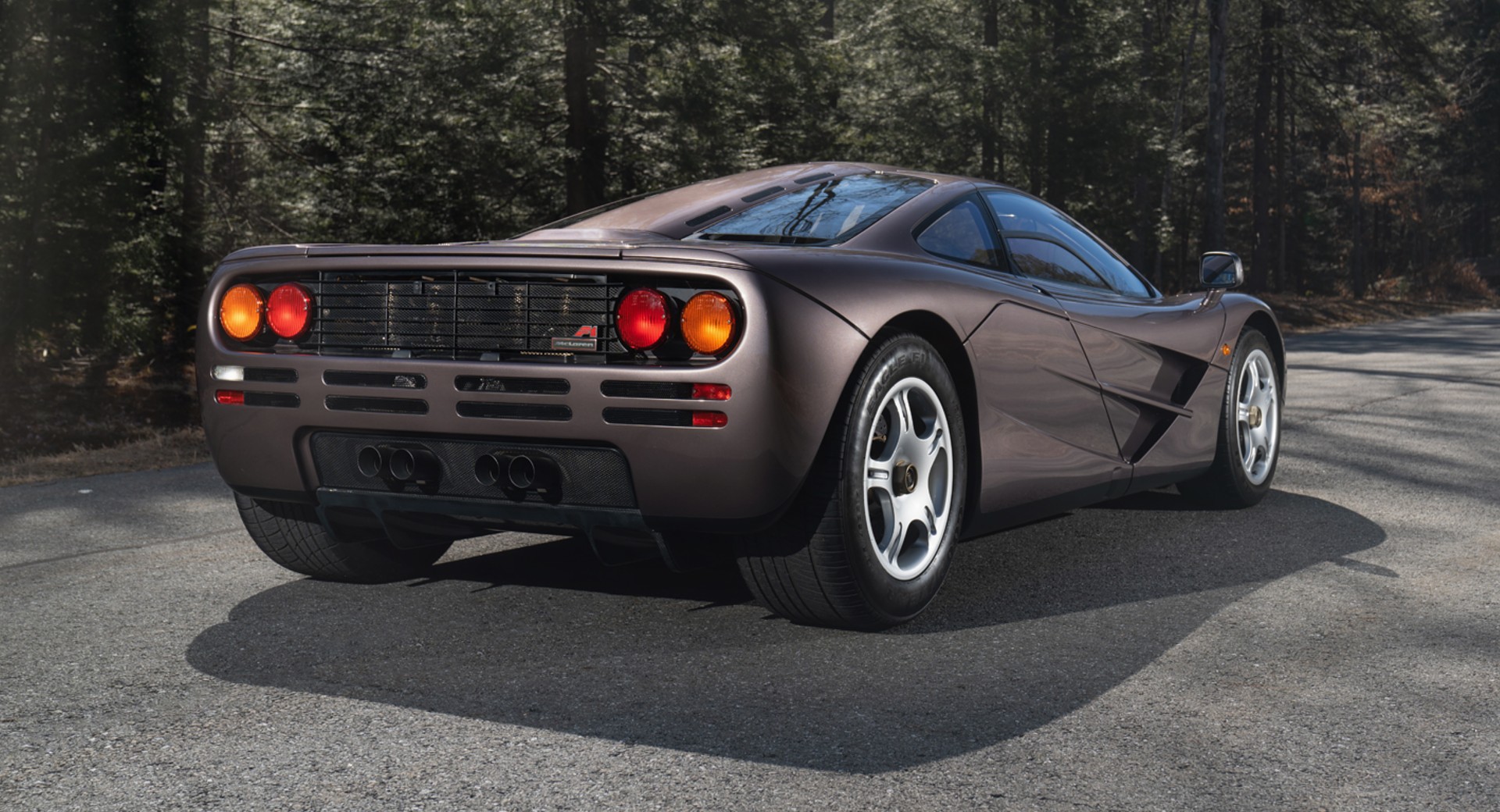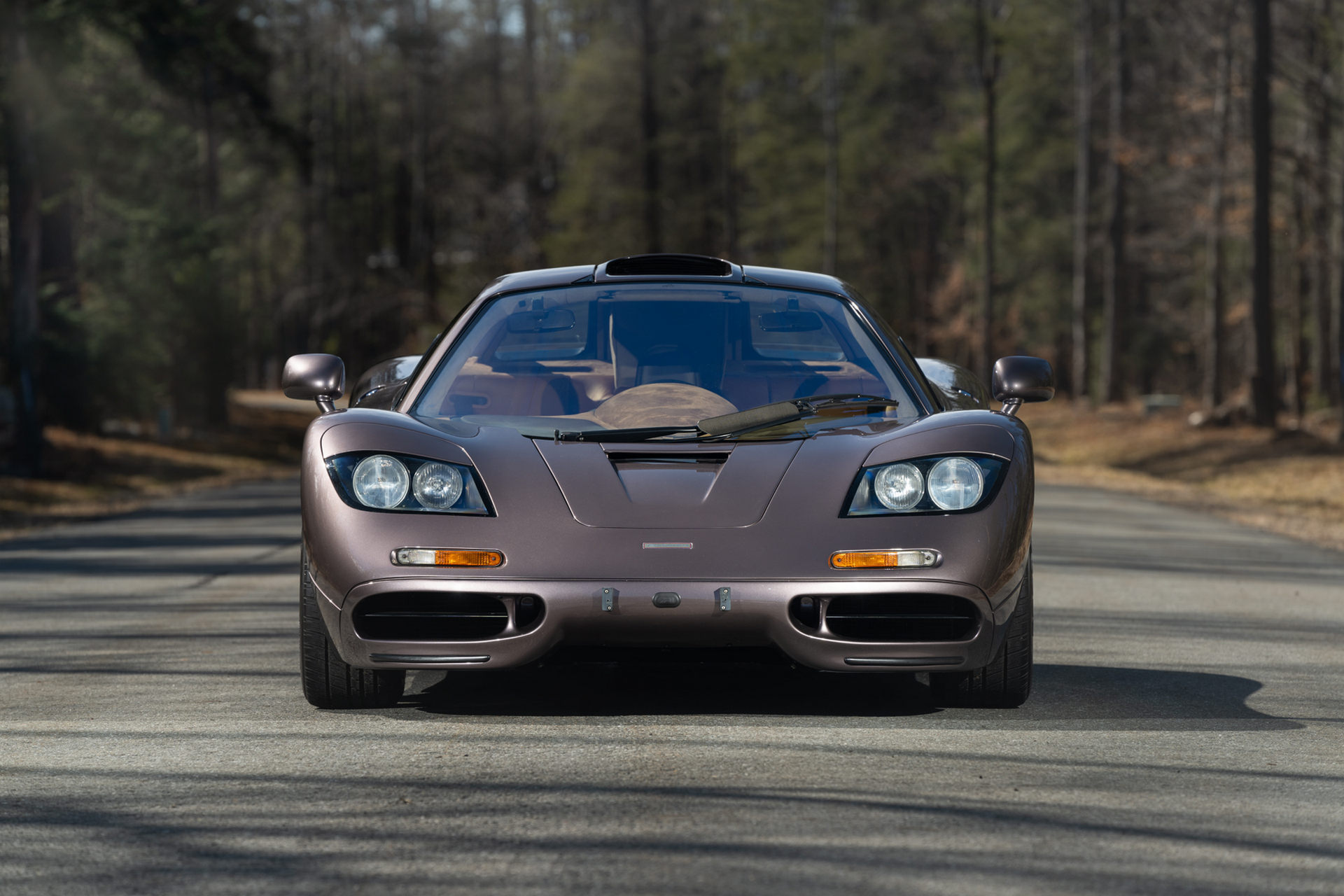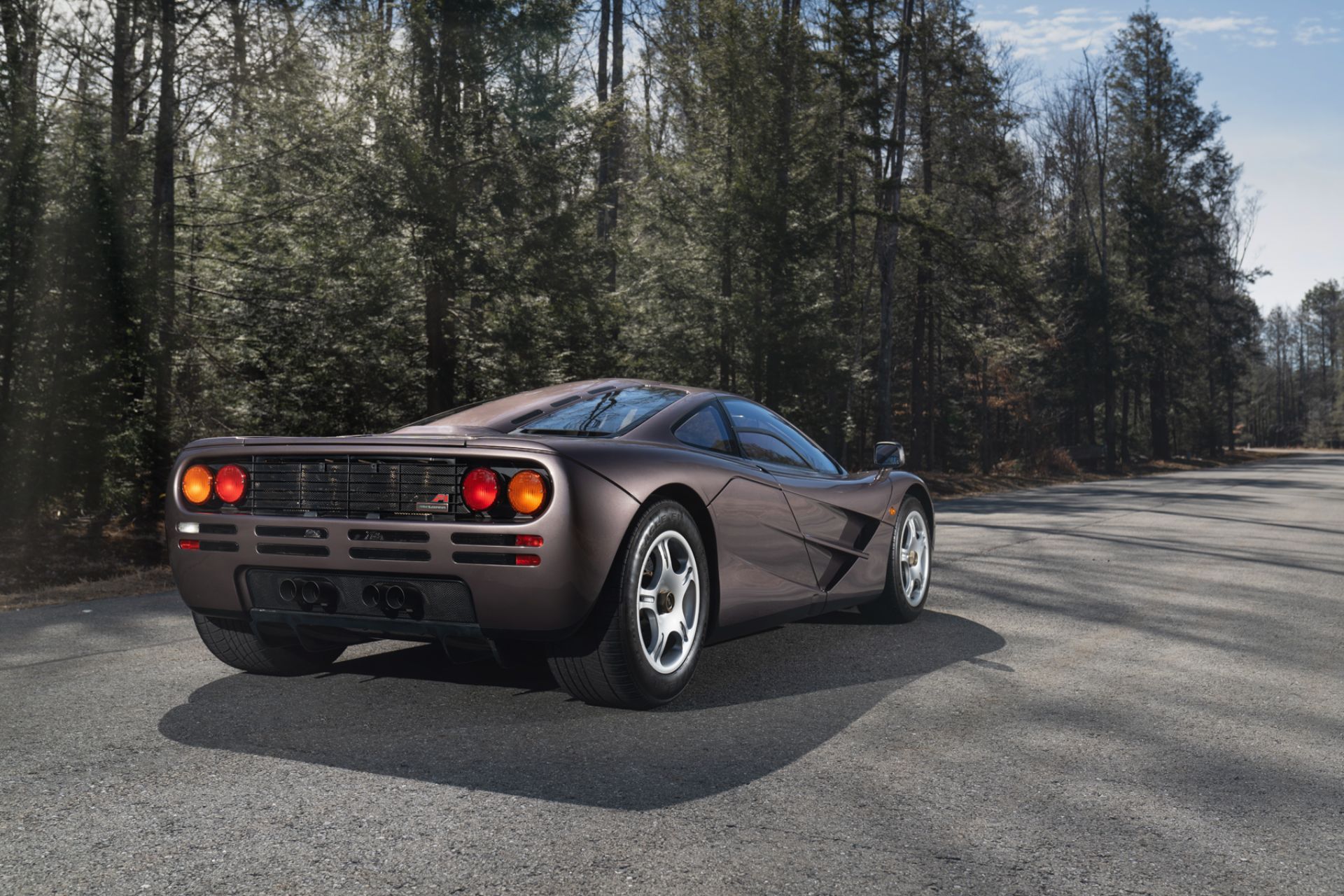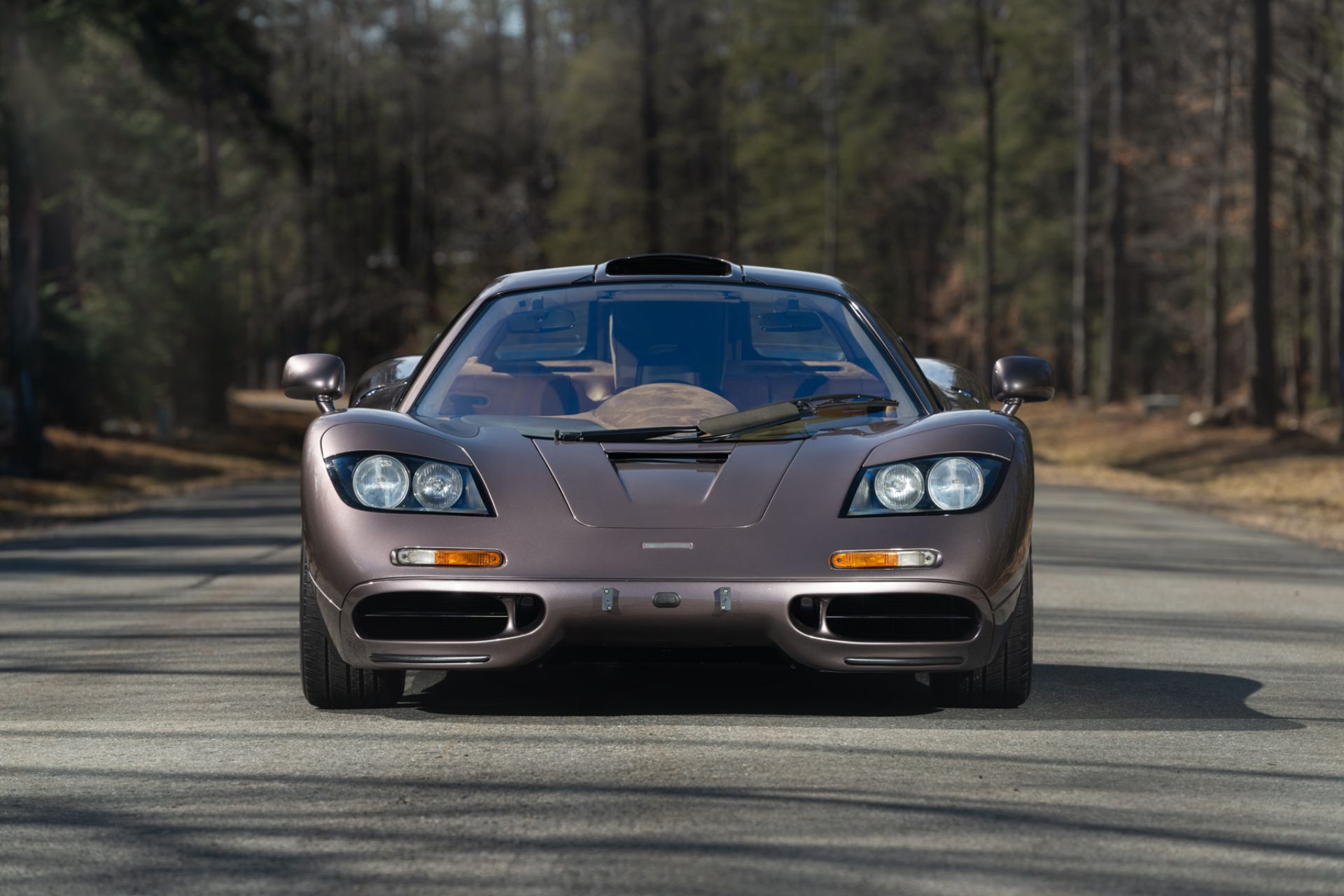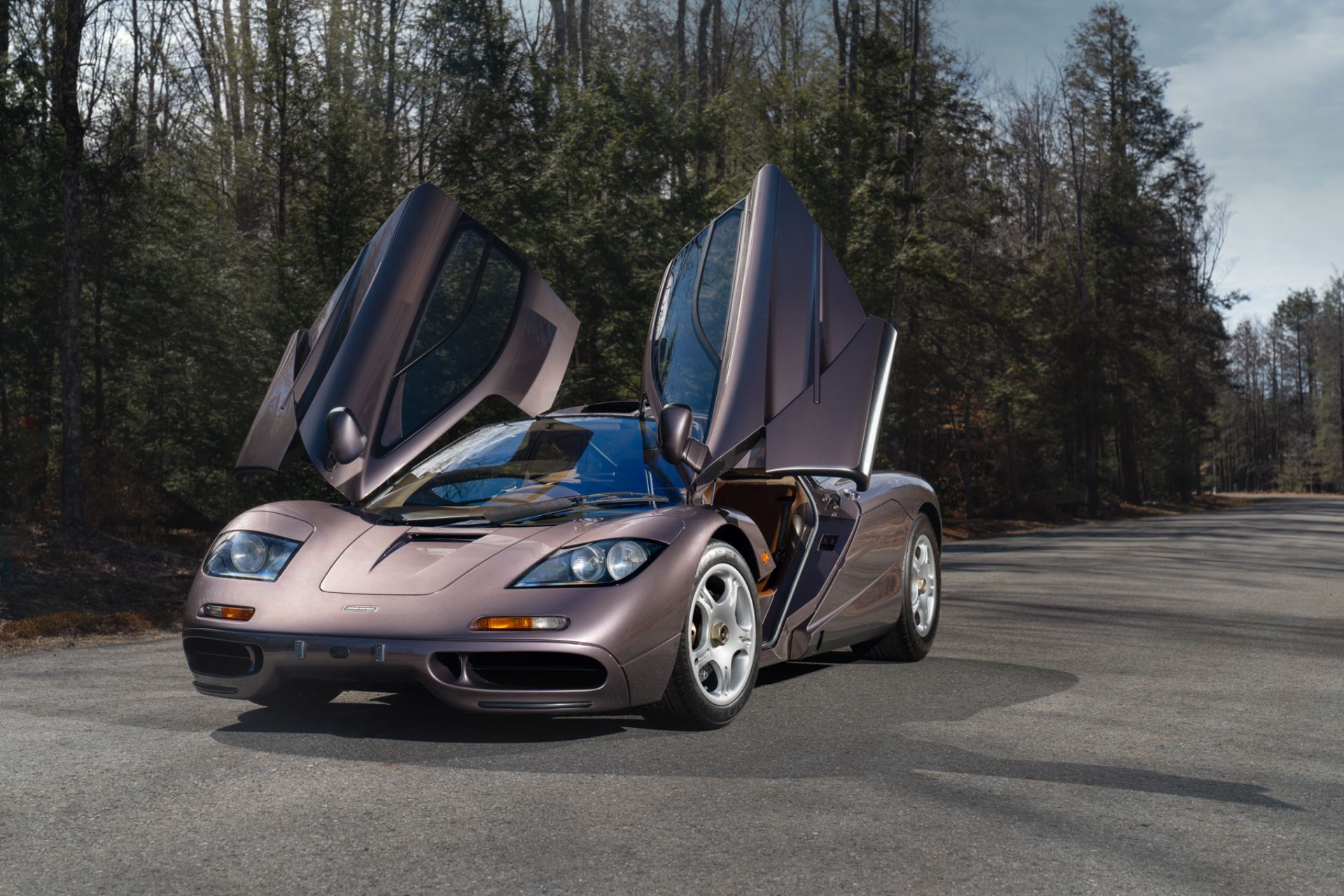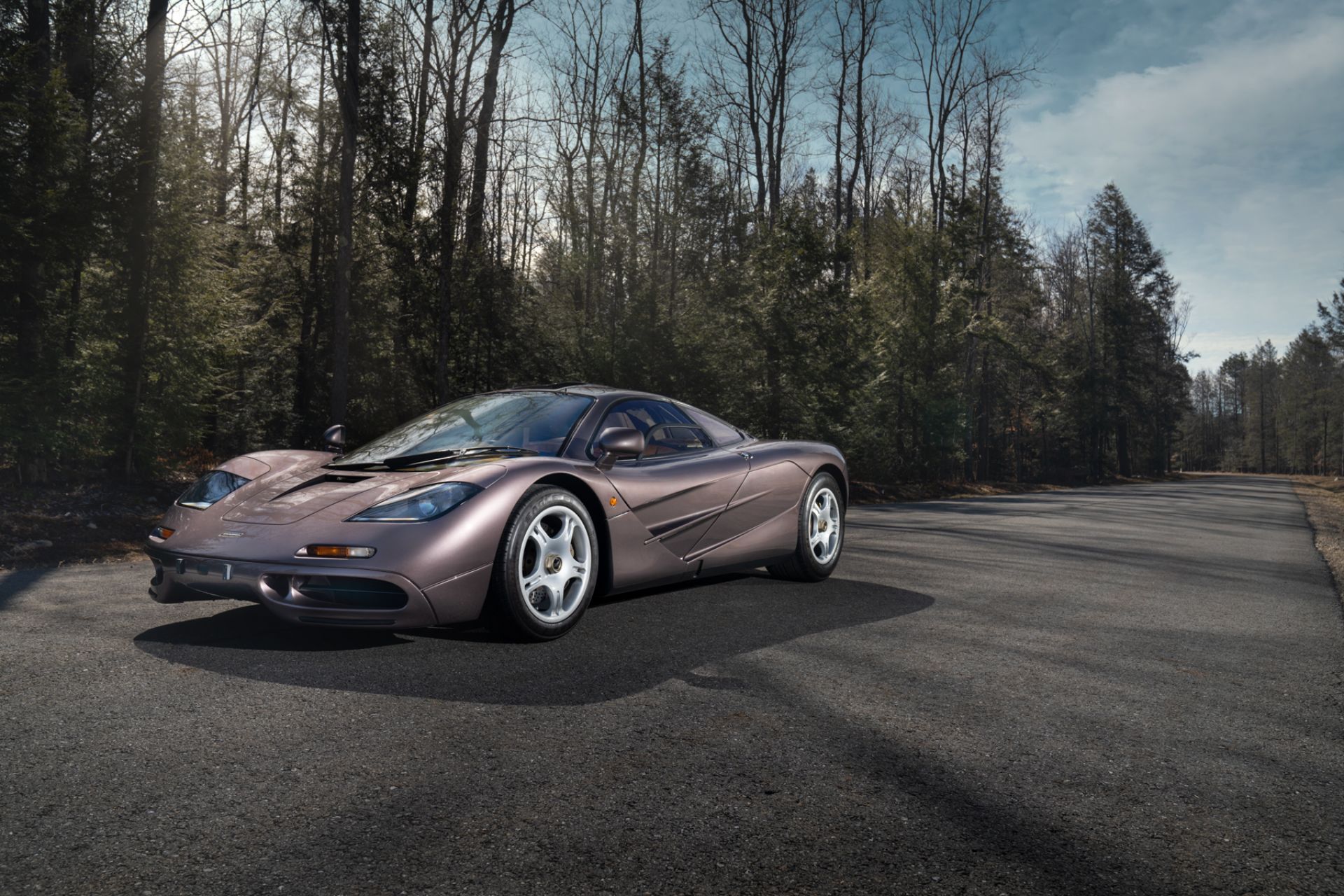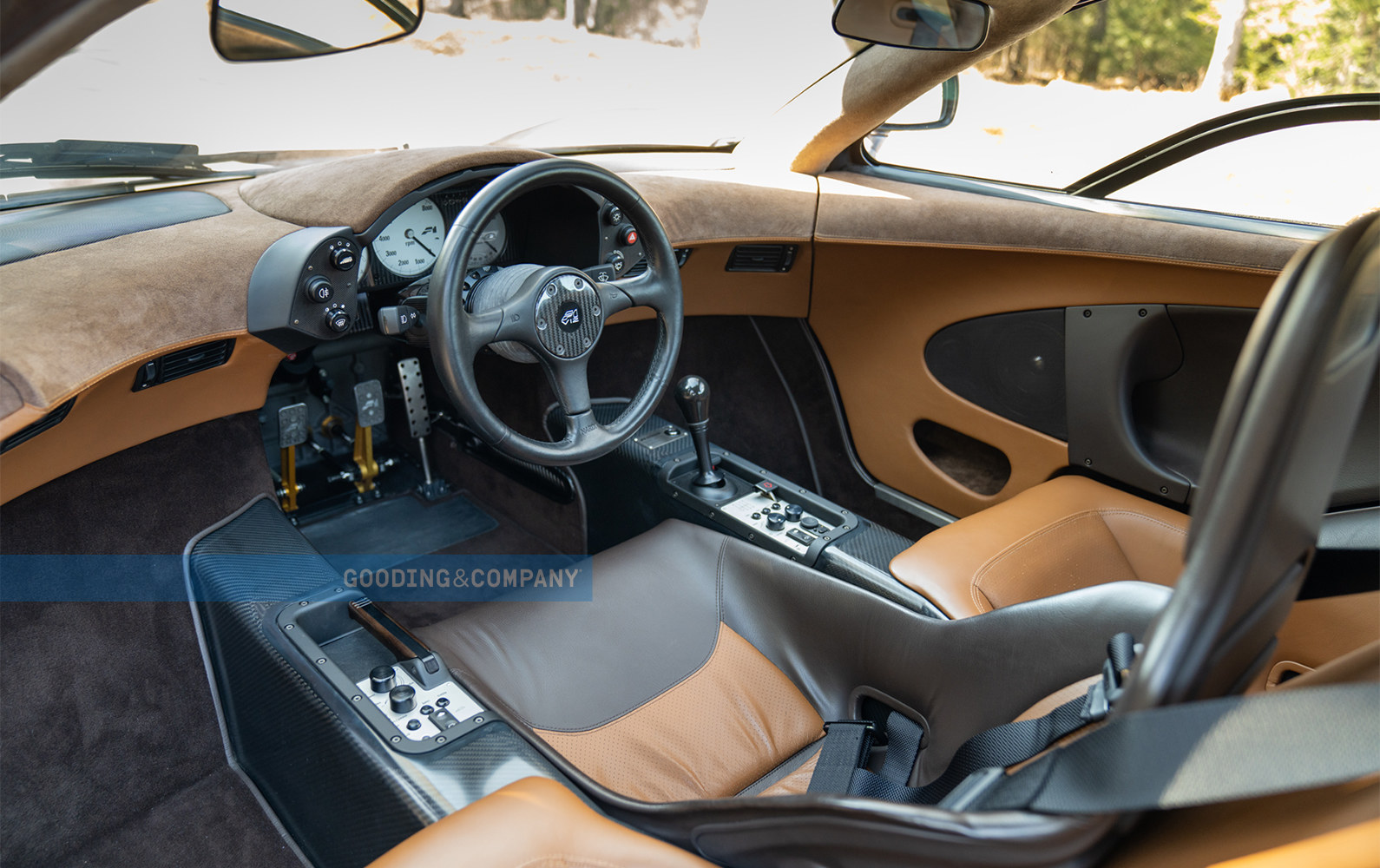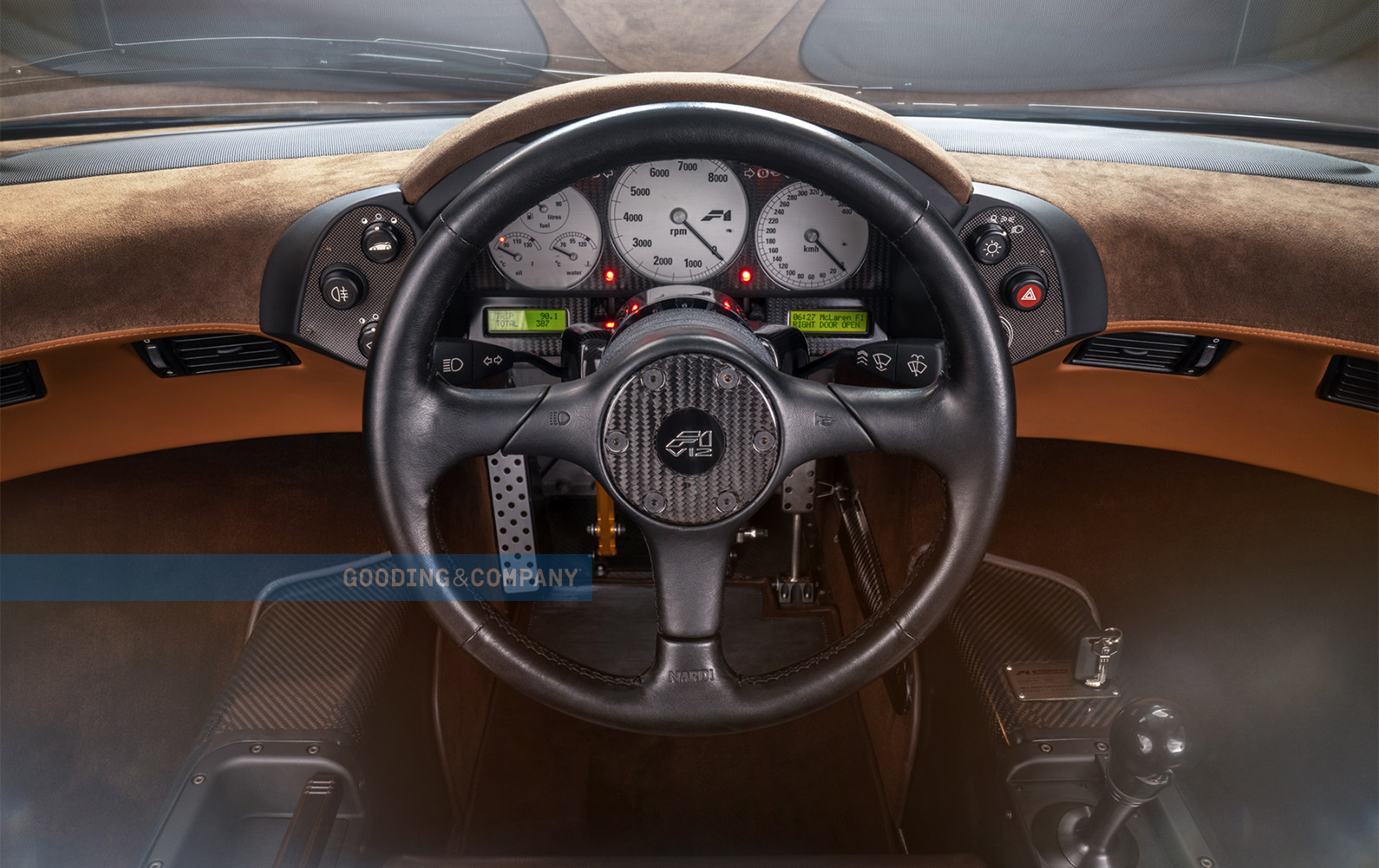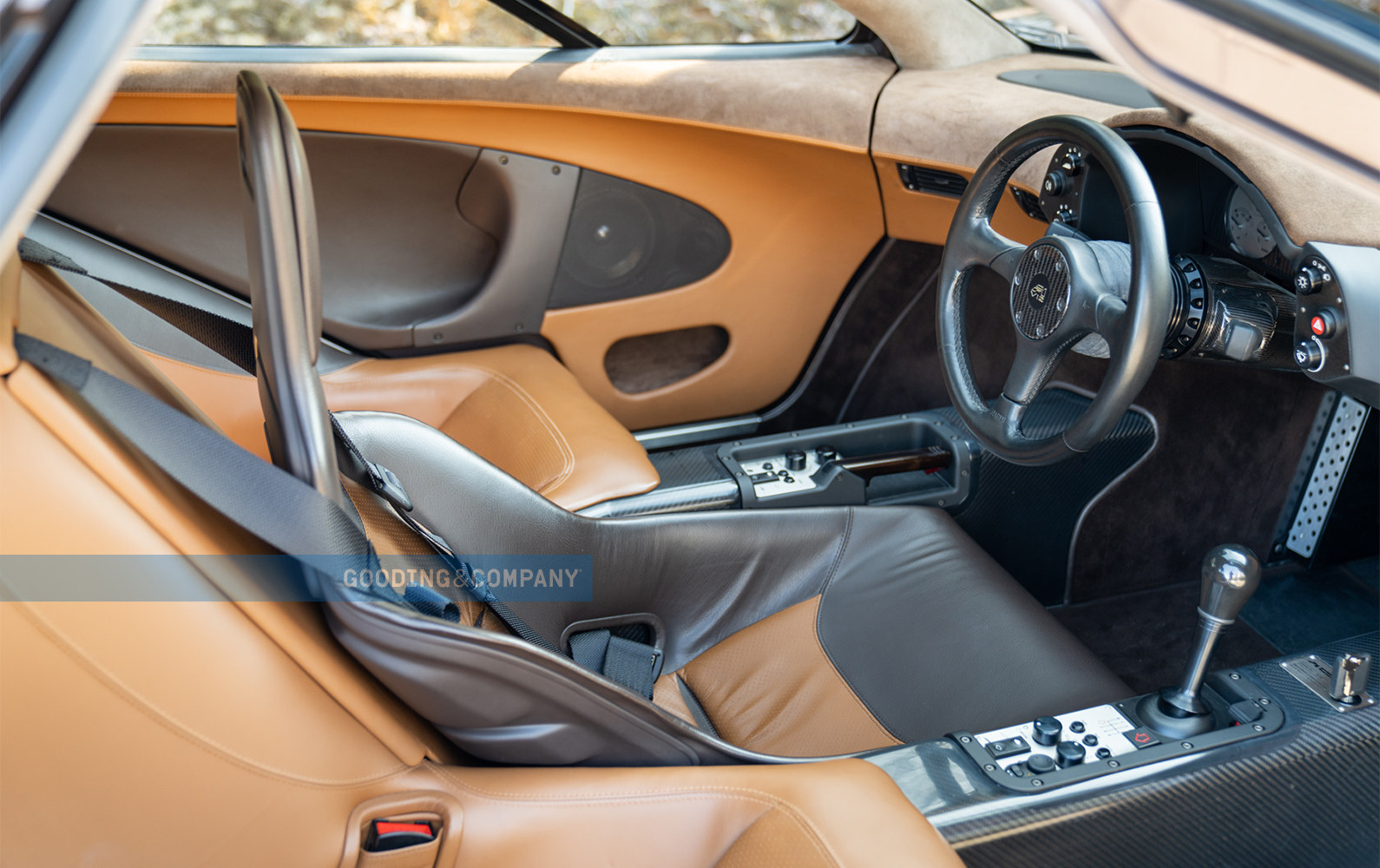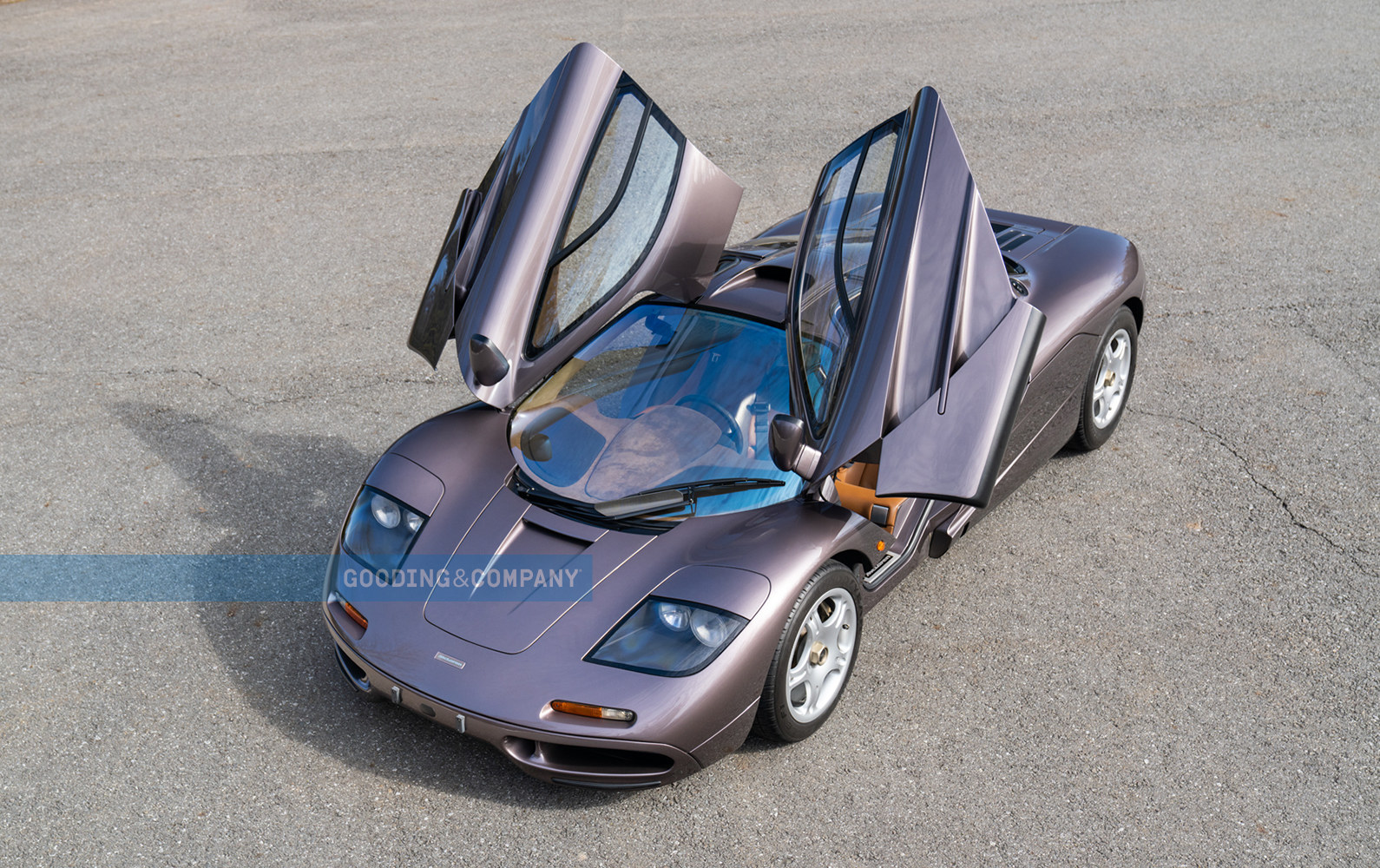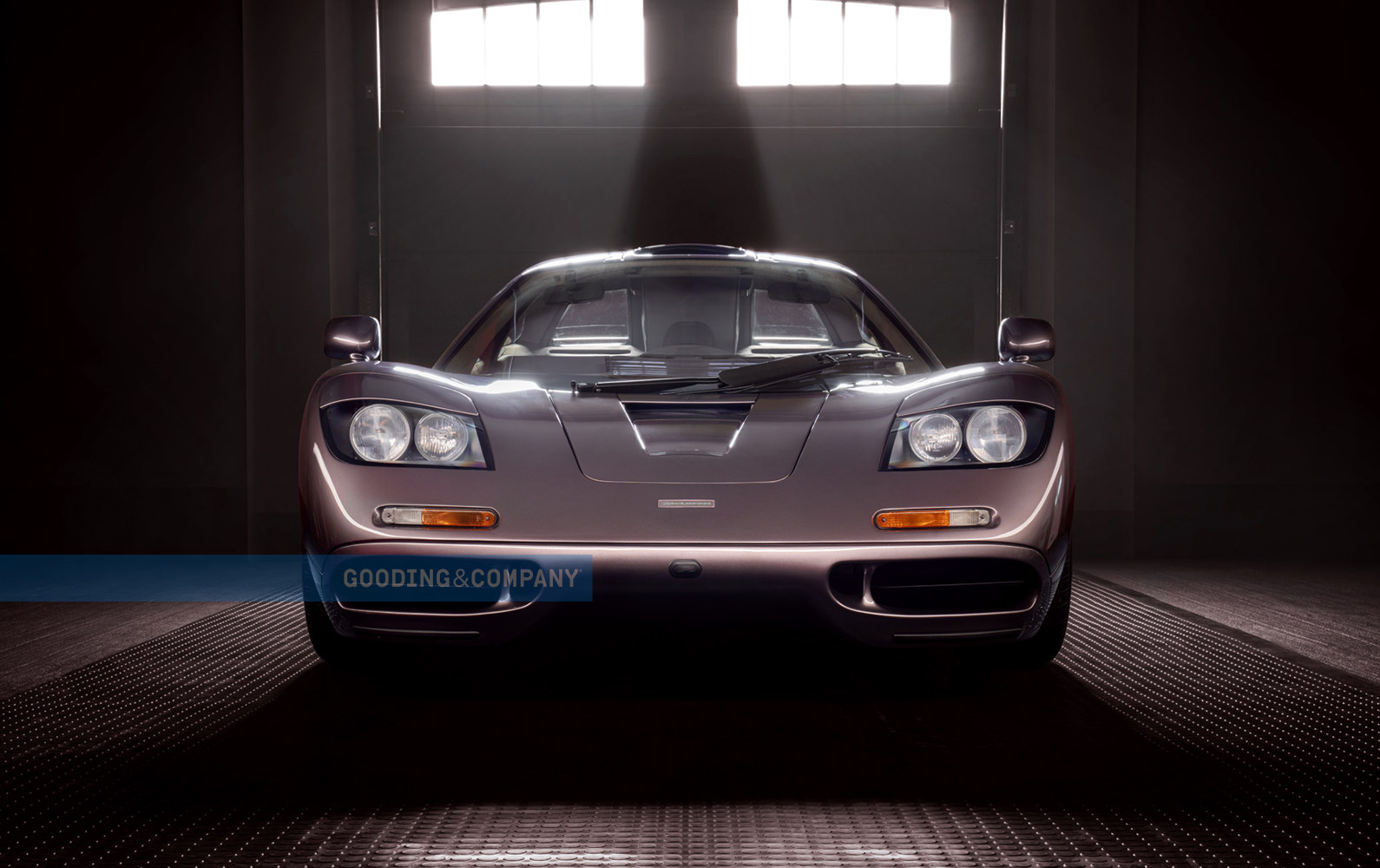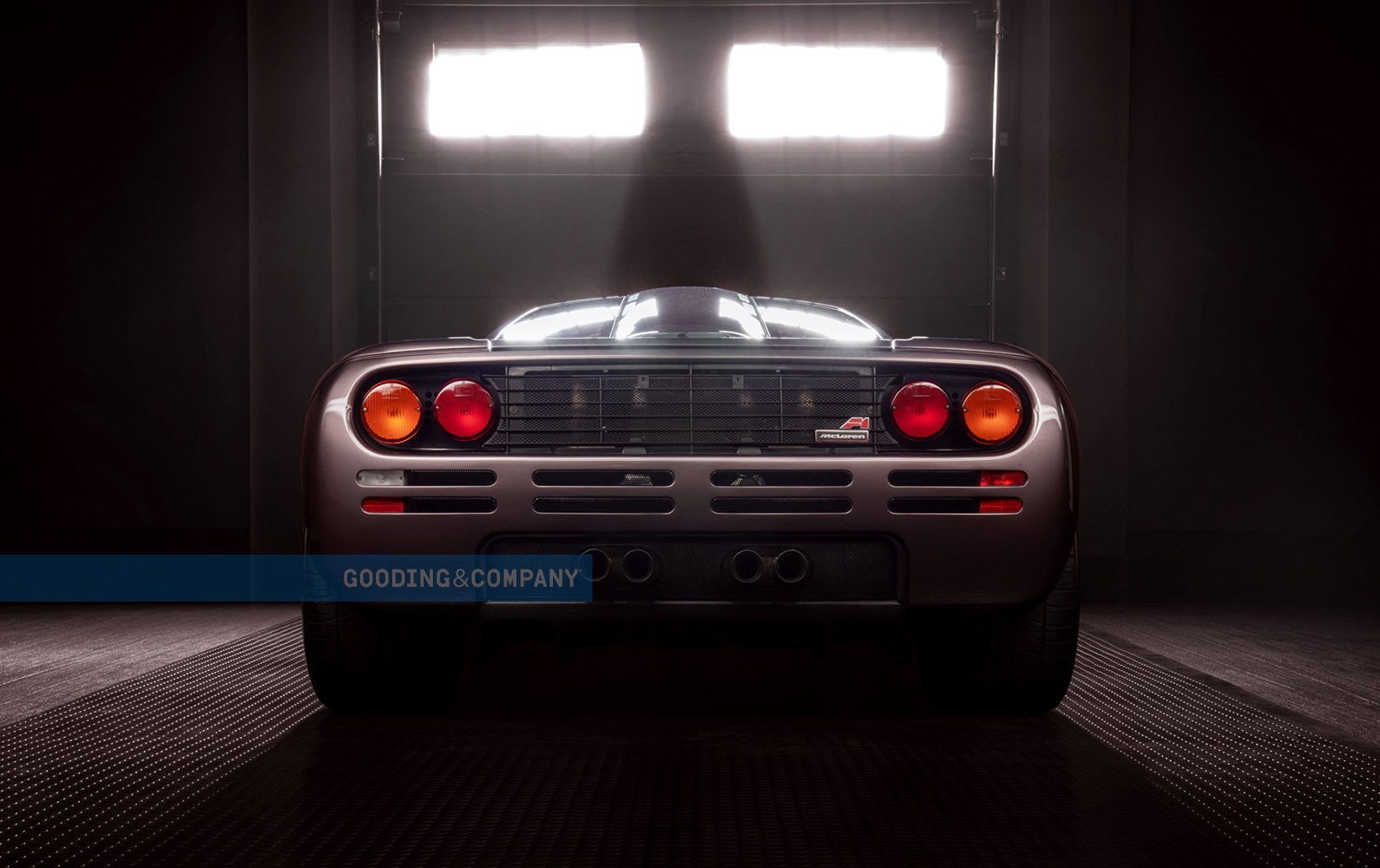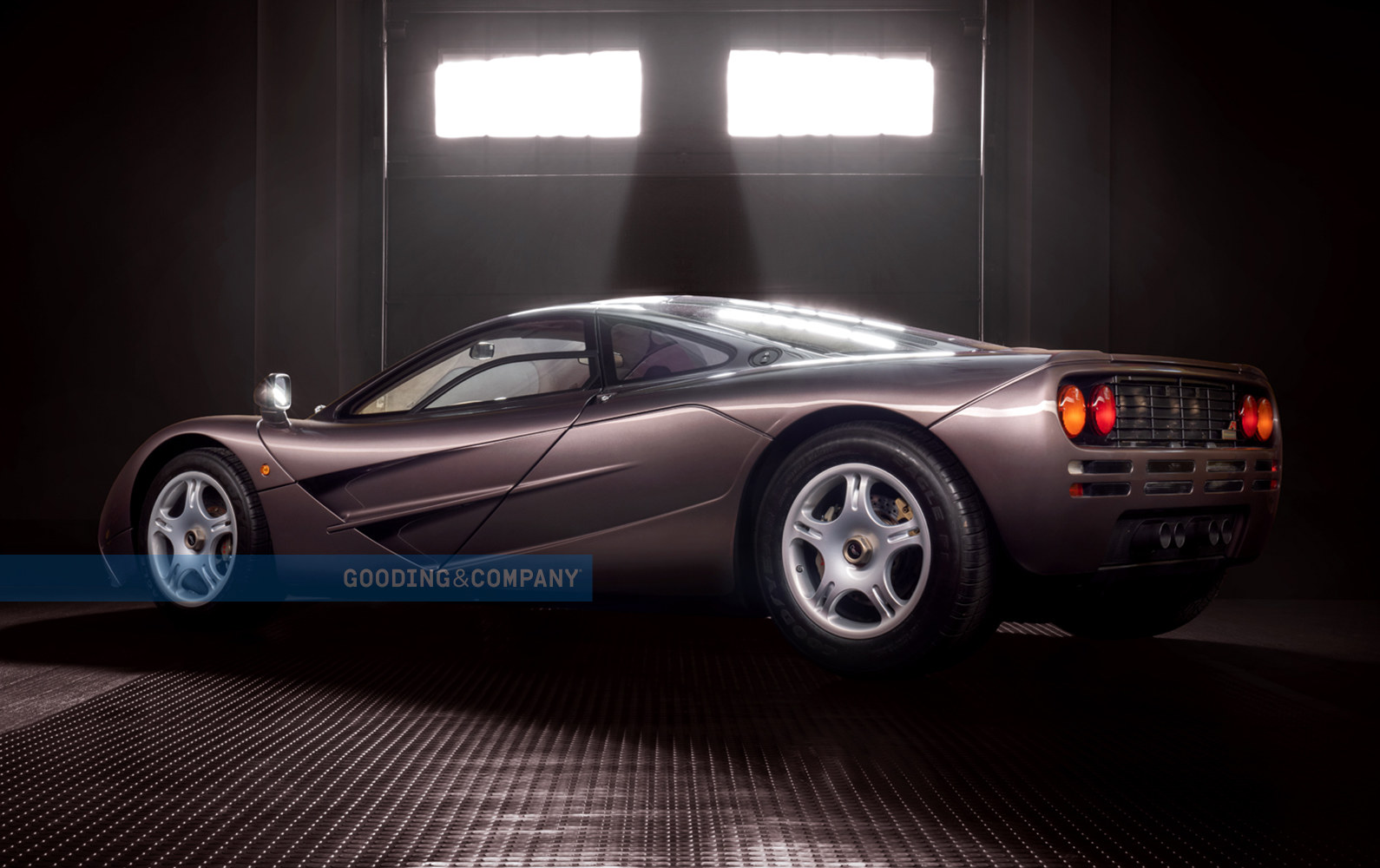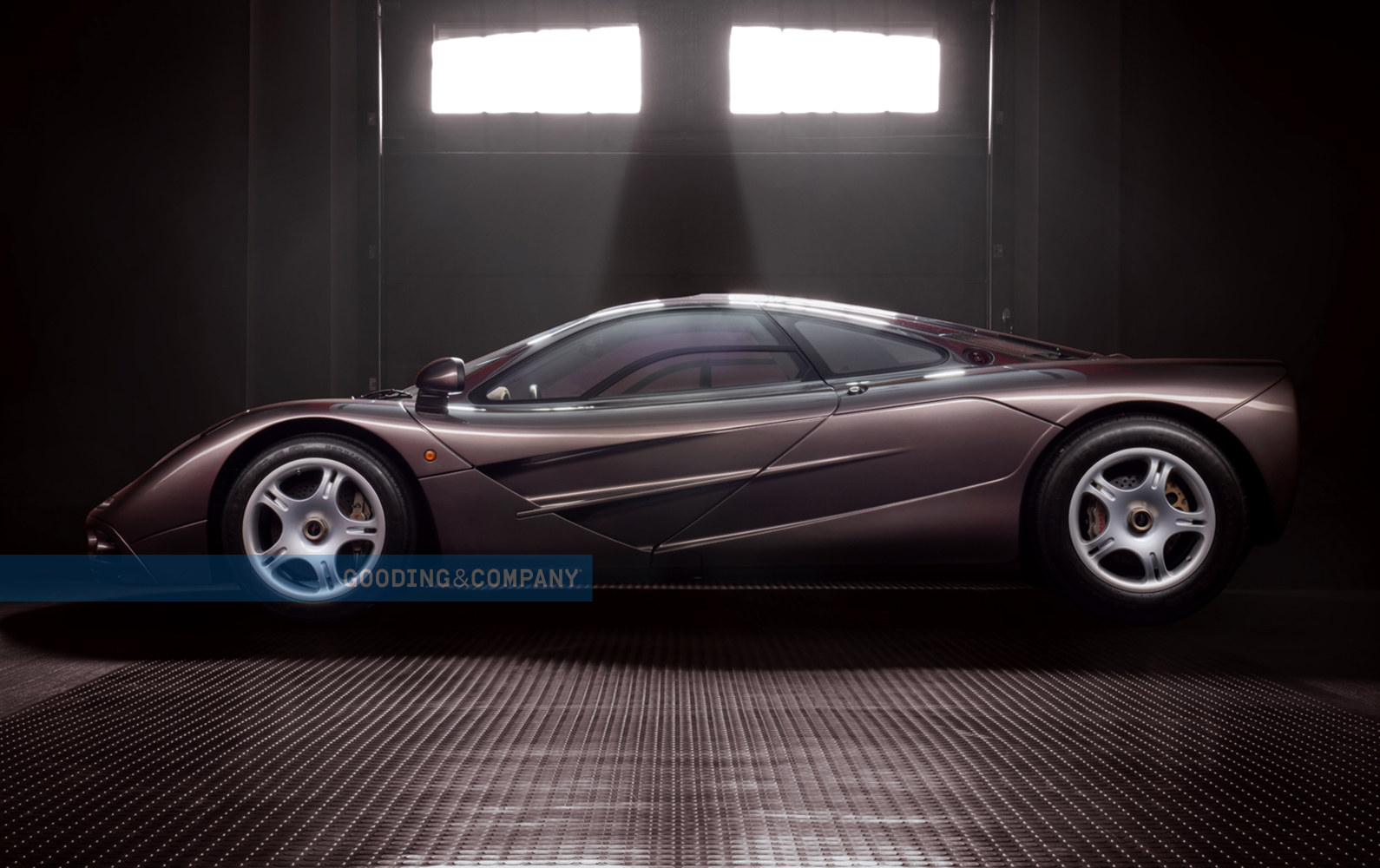This pristine 1995 McLaren F1 just broke the all-time record for the most expensive road-going example of the legendary supercar, selling for an impressive $20,465,000 (€17,348,514) at the Gooding & Company’s Pebble Beach Auction last Friday.
The car which was presented by Gooding & Company two months ago, had an estimated value of more than $15 million, but its final price exceeded expectations. The previous record for a stock McLaren F1 road car was $15.62 million in 2017, while an ultra-rare street-legal F1 that was converted to LM specification was sold for $19.8 million in 2019.
Watch Also: Everything You Wanted To Know About McLaren’s Iconic F1 In A 40-Minute Video
The $20.465 million F1 (chassis 029) is the only one painted in Creighton Brown, combined with Light Tan and Dark Brown leather upholstery in its three-seater cabin. Being driven for less than 390 km (243 miles) since leaving the factory back in 1995, it is definitely one of the lowest mileage examples of the F1 – still wearing the original Goodyear Eagle F1 tires.
The sought-after supercar that belonged to a Japanese collector for many years, came with a wide range of original accessories. These include its service book, the FACOM tool chest, a titanium tool kit, the owner’s manual, a custom luggage set, a very special TAG Heuer watch, and the Driving Ambition book that accompanied every new F1 when it left the factory.
Read Also: You Can Build Your Own McLaren F1 GTR Starting With $3K Wheels And $28K Bumper
Between 1992 and 1998, McLaren built 106 units of the F1, with 64 of them in original road car specification. Designed by Gordon Murray, the F1 used a mid-mounted naturally-aspirated 6.1-liter V12 engine producing 618 hp (461 kW / 627 PS) and 650 Nm (479 lb-ft) of torque. Power was transmitted to the rear wheels through a 6-speed manual gearbox.
Thanks to the extensive use of exotic materials like carbon fiber, kevlar, titanium, and even gold, it weighed around 1,240 kg which in combination with the aerodynamically designed body allowed for amazing performance figures. With a confirmed top speed of 240 mph (386.4 km/h) it remains the fastest naturally aspirated production car to this date.








